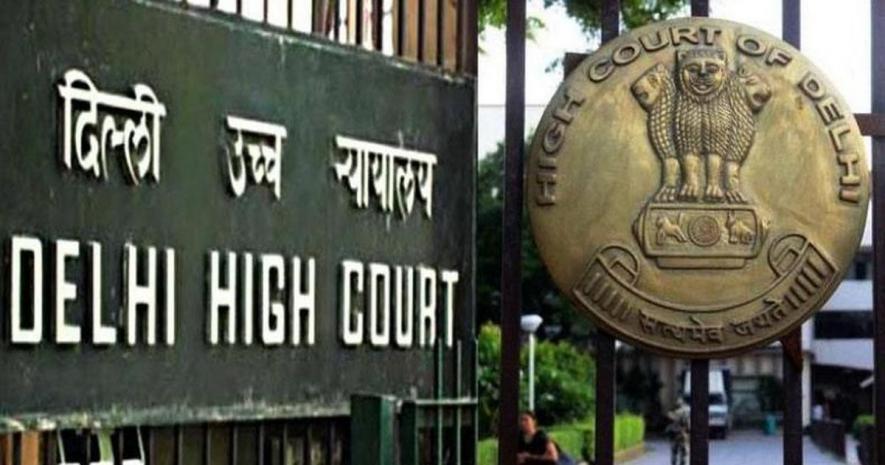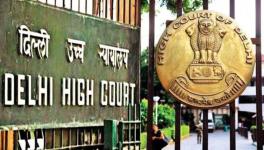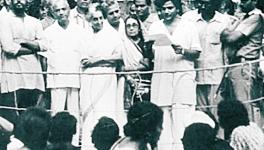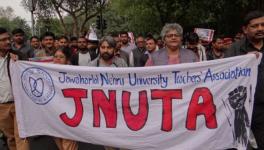JNU Violence: Delhi HC asks WhatsApp, Google to Provide Info to Police

Image for representational use only.Image Courtesy : Scroll
New Delhi: The Delhi High Court asked WhatsApp and Google on Tuesday to preserve and provide information, as per their internal policies, to the police in relation to the recent violence at Jawaharlal Nehru University (JNU).
Justice Brijesh Sethi also asked the police to "at the earliest" summon witnesses and seize the phones of members of two WhatsApp chat groups on which the January 5 violence was allegedly coordinated.
Directions were also issued to the JNU administration and the State Bank of India branch inside the campus to preserve and provide at the earliest the CCTV footage of the violence as already requested by the police.
With the directions, the court disposed of a plea filed by JNU professors Ameet Parameswaran, Atul Sood and Shukla Vinayak Sawant seeking directions to the Delhi government and police that data, CCTV footage and other evidence relating to the January 5 violence on the varsity campus be preserved.
In the arguments prior to passing of the order, Google told the court that if the police provides it with the user information, including email IDs, of the members of the two WhatsApp groups -- 'Unity Against Left' and 'Friends of RSS' -- then it can find out whether the chat histories are backed up on Google Drive and if yes, the same can be preserved and provided to the investigating agency.
It also told the court that it "will protect whatever is there on our system as on date".
On the side, WhatsApp told the court that once a chat is delivered to a person, it is no longer stored on its servers due to the 'end-to-end encryption' provided on its app.
It claimed the chats would only be available on the recipient and sender's phones.
The lawyers for the petitioners contended that WhatsApp had in another matter told the Madras High Court that IP addresses of the users can be provided by it and sought that it be directed to provide IP addresses of the two groups users to the police.
To this, WhatsApp said it can only provide the last known IP address of a user account.
Delhi Police, thereafter, told the court that it has already sent requests on January 10 and January 11 to WhatsApp to provide information and data regarding the users of the two groups on emergent basis and it was yet to receive a reply.
It also told the court that it had sent requests to the JNU administration and the SBI branch on the campus to preserve and provide their respective CCTV cameras' footage, but no response has been received from them either.
Police further told the court that it has identified 37 persons who were part of the two groups, and notices have been sent to them to appear before it, but no phones have been seized till date.
Taking note of the submissions, the court issued the various directions to WhatsApp, Google, JNU administration and the police and disposed of the petition filed through advocates Abhik Chimni, Maanav Kumar and Roshni Naamboodiry.
On January 5, a mob of masked men stormed the campus and targeted students in three hostels, unleashing mayhem with sticks, stones and iron rods by hitting inmates and breaking windows, furniture and personal belongings.
Three FIRs have been registered at Vasant Kunj (north) police station in the incident.
Get the latest reports & analysis with people's perspective on Protests, movements & deep analytical videos, discussions of the current affairs in your Telegram app. Subscribe to NewsClick's Telegram channel & get Real-Time updates on stories, as they get published on our website.
























